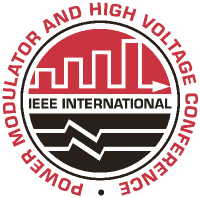Speaker
Junhao Li
(Prof.)
Description
Gas insulated switchgear (GIS) is the most important equipment in grid. It has been widely used in power system for the merits of small size and high reliability. Especially for the city substation, GIS is the preferred power equipment. GIS has the compact structure and it is difficult to repair once there are defects inside the GIS. It is the important step to monitor the defects inside GIS. PD is the pre-breakdown phenomena and it always be seen the key monitor parameter for the insulation condition assessment. The metal protrusions are common defect and it will appear on bus bar or shell of GIS in the process of manufacturing, transportation and assembling. The metal protrusion will lead to partial discharge (PD) and breakdown (BD) in the GIS operation process. This paper presents the PD and BD voltage distribution in different distance triggered by metal protrusion in SF6 gas. The electric field simulation of metal protrusion is carried out and the electric field distribution is obtained. The need-plane electrode systems with different gap distance are adopted as the specimen. The PD inception voltage and BD voltage are obtained through lab test. The test results show the PD inception and BD voltage increase with the distance increase. But for the electric field strength, the BD electric field strength increase with the distance increase and the PD inception electric field strength change a little with the increase of distance. The mathematic model is established to explain the experimental results.
Primary author
Dr
Fei Guo
(Xi'an Jiaotong University)
Co-author
Junhao Li
(Prof.)
